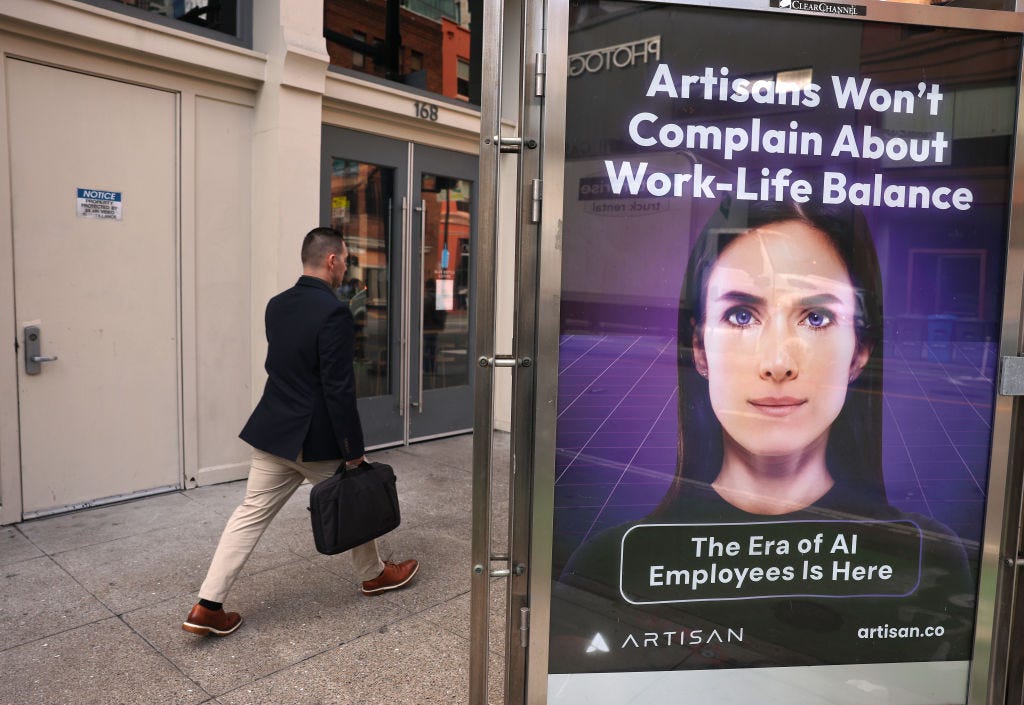A.I.’s sneak attack
A provision buried in Trump’s slash-and-burn budget could liberate the bots and doom the humans. And more on the topic
Buried in the One Big Beautiful Bill Act — the budget that the House of Representatives passed last week — is a provision that would forbid the states from passing any regulation of A.I. for the next decade. Given the White House’s close relationship with A.I. movers and shakers like Elon Musk and OpenAI head Sam Altman, and the failure to pass any comp…




